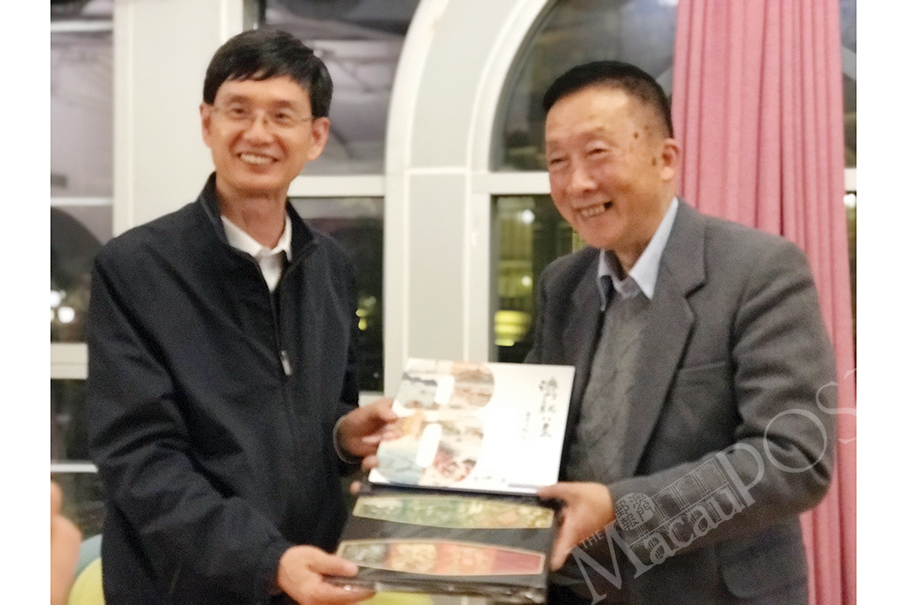Commentary by Hans-Georg Moeller*
A famous painting by René Magritte shows a pipe. Below it, the artist wrote (in French): “This is not a pipe.” The painting is from 1929 and titled “The Treachery of Images.” Of course, Magritte was right: the pipe on the painting is not a real pipe, just a treacherous image. Half a century later, the French philosopher Jean Baudrillard coined the term “simulacrum” for a copy without original. Magritte’s pipe and Baudrillard’s simulacrum express the same idea: the modern world is full of images and events that are virtual—they are a pure show, replacing or obscuring real reality. To illustrate this point, Baudrillard wrote a short book on the war against Iraq in 1991, titled The Gulf War Didn’t Take Place. The main point of the book was that the Gulf War was conducted as a media spectacle for global audiences by the US military. It bombed and defeated Iraq while almost completely avoiding real battles and casualties on its side.
On February 4, a football event with the US-American team Inter Miami and a selection of Hong Kong players was staged in Hong Kong Stadium in front of a sold-out audience of 40,000. It was a match that wasn’t (supposed to be) a match. Real football matches are either part of a competition, or preparations for a competition. Fans commonly come to these matches to support their club and to see who wins. In pre-season matches, fans come to see newly acquired players or aspiring youngsters who may make the squad in the upcoming season.
The recent Hong Kong match was a different affair. Here nothing was at stake from a sports perspective: Most people didn’t come to see their team, and they didn’t care who won. They only came to see a single super star: Lionel Messi. And they were willing to pay high-ticket prices far exceeding those for competitive or pre-season matches in Hong Kong. When Messi didn’t play, apparently due to injury, the audience was upset.
Given the nature of the match as a pure “exhibition match,” as these kinds of events are also called, the anger of the audience is understandable: Clearly, they had paid a lot of money precisely for being part of a simulacrum. When, however, the match was played as a pre-season match and a star player who wasn’t 100% fit didn’t play in order not to risk injury, the audience felt cheated. They had approached the event as a “da ka” show—a Chinese term for going to a “must visit” hotspot or a “must see” event hyped in (social) media, usually with the intention to take photos and to post them on their WeChat, Instagram, or similar accounts. When Messi didn’t play, pictures could not be taken and posted, and people couldn’t adorn their profiles with them.
Media reporting on the event commonly referred to the audience as “fans.” This is a misleading term. Just as the match was not (supposed to be) a match, the fans were not fans—they were simulations of fans. They did not expect to see a real match in the first place—as real fans in a stadium do—and not even a “copy” of a real match, as the football fans who watch the same match on TV. What is more, people didn’t even come to see the real Messi. If so, they wouldn’t have been upset, because the real Messi had actually been there, plain to see for everyone. They had come to see Messi acting as a simulacrum of himself, performing as a show player in a simulated match.
The story of the fans who aren’t fans paying for being at a match that isn’t a match featuring Messi who isn’t Messi is representative of our times. It illustrates the transition from an “age of authenticity,” as the philosopher Charles Tayler called it, to an “age of profilicity"--an age where people are preoccupied with curating their profiles. In this day and age, a simulated football event can have much more value, attract much more people, and generate much more media attention than a real football match.
* Professor of Philosophy at the Department of Philosophy and Religious Studies at the University of Macau (UM)




